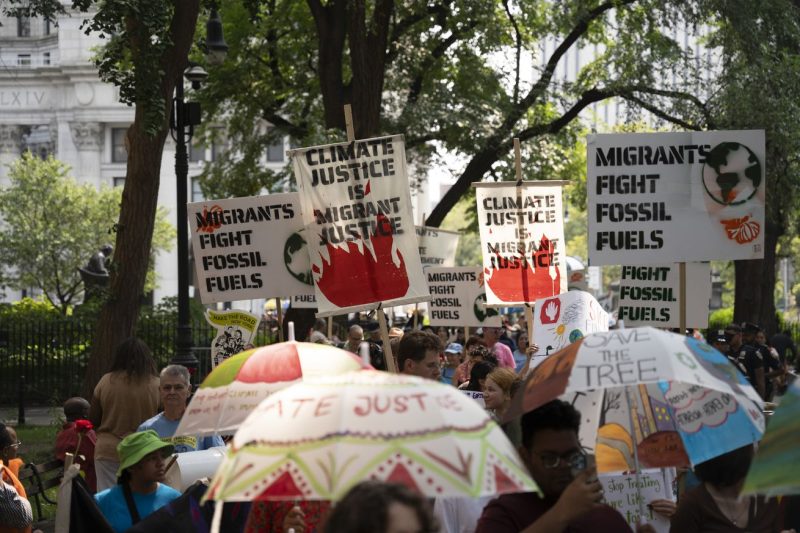The United States Immigration Policy: Addressing the Blind Spot of Climate Change
The United States immigration policy is a complex and multifaceted issue that continues to be a hotly debated topic. While the policy covers a wide range of concerns such as border security, visa regulations, and asylum procedures, there is a significant blind spot that has not been adequately addressed – climate change.
Climate change is a global phenomenon that is already having far-reaching impacts on communities around the world. Rising sea levels, extreme weather events, and natural disasters are displacing millions of people from their homes, forcing them to seek refuge in other countries. As the effects of climate change continue to worsen, the number of climate refugees is expected to increase dramatically in the coming years.
Despite these projections, the current U.S. immigration policy does not have specific measures in place to address the issue of climate refugees. The policy is largely focused on traditional forms of migration, such as economic migrants and asylum seekers fleeing persecution. As a result, climate refugees are often left without the necessary protections and support when they seek refuge in the United States.
In order to address this blind spot in the immigration policy, it is crucial for policymakers to recognize the unique challenges faced by climate refugees and develop specific guidelines to support their relocation. This could include establishing a new category for climate refugees, streamlining the application process for those affected by climate change, and providing access to resources and support services to help them integrate into their new communities.
Furthermore, the U.S. can also take a proactive approach to addressing climate change by investing in renewable energy, reducing greenhouse gas emissions, and supporting global initiatives to mitigate the impacts of climate change. By taking decisive action on climate change, the U.S. can help prevent future displacement of populations and reduce the number of climate refugees seeking refuge within its borders.
In conclusion, the issue of climate change represents a significant blind spot in the current U.S. immigration policy. By recognizing the challenges faced by climate refugees and implementing specific measures to address their needs, the U.S. can demonstrate leadership in the global effort to combat climate change and support vulnerable populations around the world. It is imperative that policymakers take action now to ensure that the immigration system is equipped to deal with the impacts of climate change in the years to come.




























